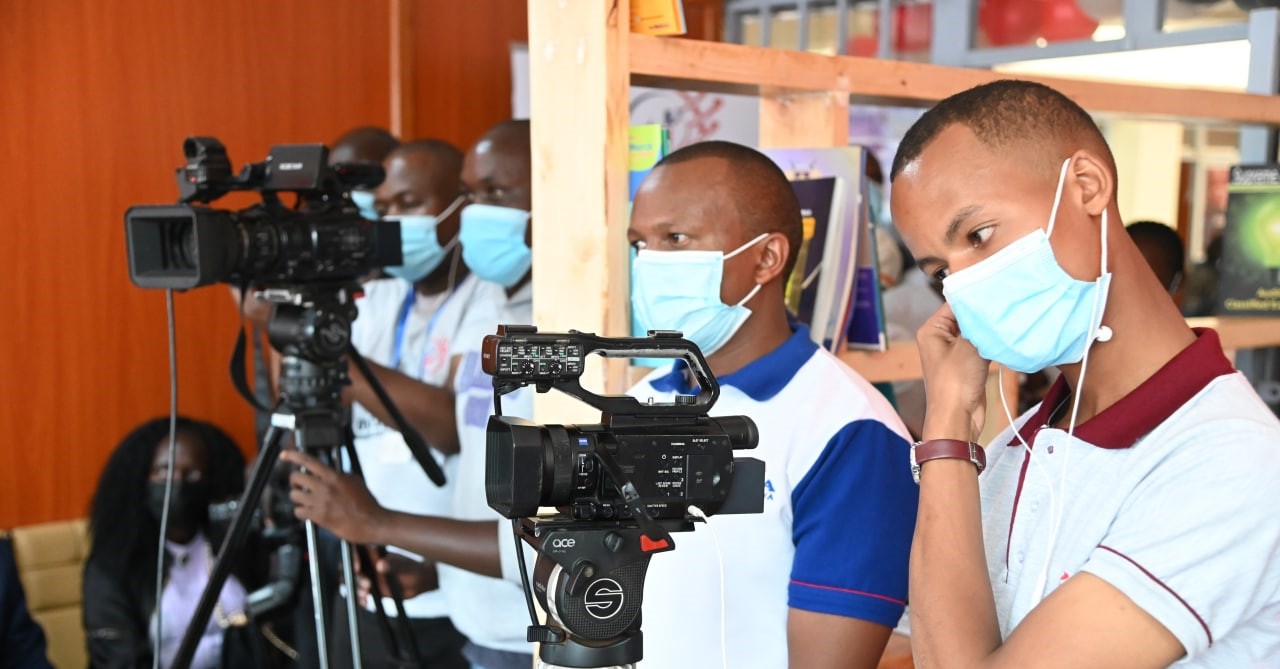- The Media Council of Kenya has welcomed the Code’s adoption, which was endorsed by the National Assembly and formally confirmed by the Clerk of the National Assembly.
A landmark shift in Kenya’s media regulation framework has officially taken effect with the implementation of the Code of Conduct for Media Practice, 2025.
In a press statement by the Media Council of Kenya (MCK) on July 29, 2025, this new code marks a pivotal step toward strengthening ethical journalism and accountability in the country’s rapidly evolving media landscape.
Gazetted in Kenya Gazette Supplement No. 70 on 14 May 2025 (Legislative Supplement No. 40), the updated Code was enacted by Cabinet Secretary for Information, Communications and the Digital Economy, William Kabogo.
It replaces the previous Code of Conduct for the Practice of Journalism in Kenya, which was embedded in the Second Schedule of the Media Council Act, 2013.
This updated framework responds to emerging challenges in the media sector and addresses gaps identified in previous guidelines.
Read More
The overhaul follows a High Court ruling which nullified the previous Broadcasting Code, instructing MCK to implement more appropriate protections —particularly for children and vulnerable groups.
Among its progressive features, the new Code introduces firm directives on the ethical use of Artificial Intelligence (AI), outlines responsibilities around user-generated content, and reinforces standards for editorial integrity.
It also lays out specific age-appropriate protections, making child safety a top priority across media platforms.
The Media Council has welcomed the Code’s adoption, which was endorsed by the National Assembly and formally confirmed by the House's Clerk.
The Council describes this development as a transformative moment for Kenyan journalism —anchoring professionalism, ethical conduct, and press freedom as non-negotiable pillars of the industry.
Additionally, the Code is expected to streamline media dispute resolution, offering a clearer and more efficient process for addressing public complaints while reinforcing ethical standards within the profession.
The Media Council has also expressed its appreciation to journalists, media houses, legal experts, civil society, and academia for their input in shaping the final document. The broad-based consultations is expected help ensure the Code reflects both global best practices and the unique realities of Kenya’s media environment.
As the new Code takes effect, the Media Council reaffirms its dedication to promoting a media culture rooted in truth, fairness, and responsibility. It sees this moment as the dawn of a new era—where ethical, courageous, and impactful journalism can thrive, serving the public interest while upholding democratic values.










